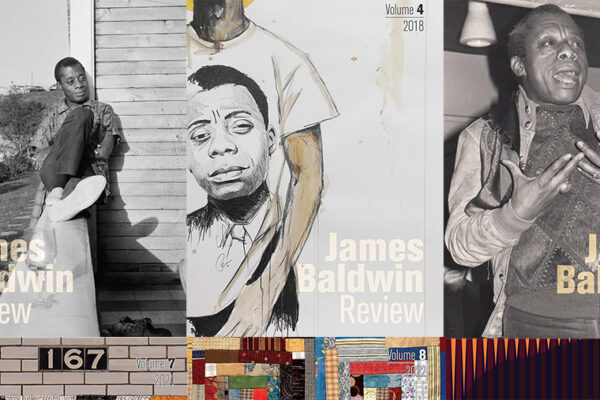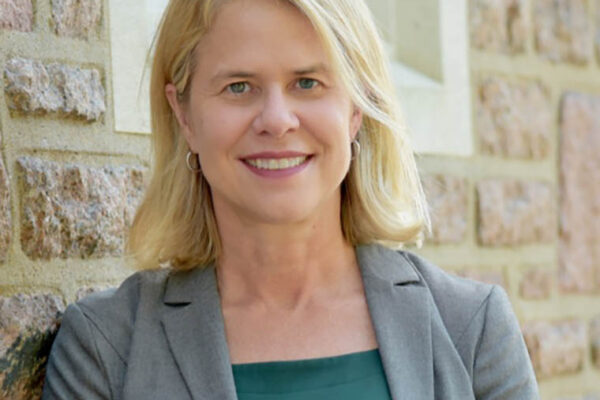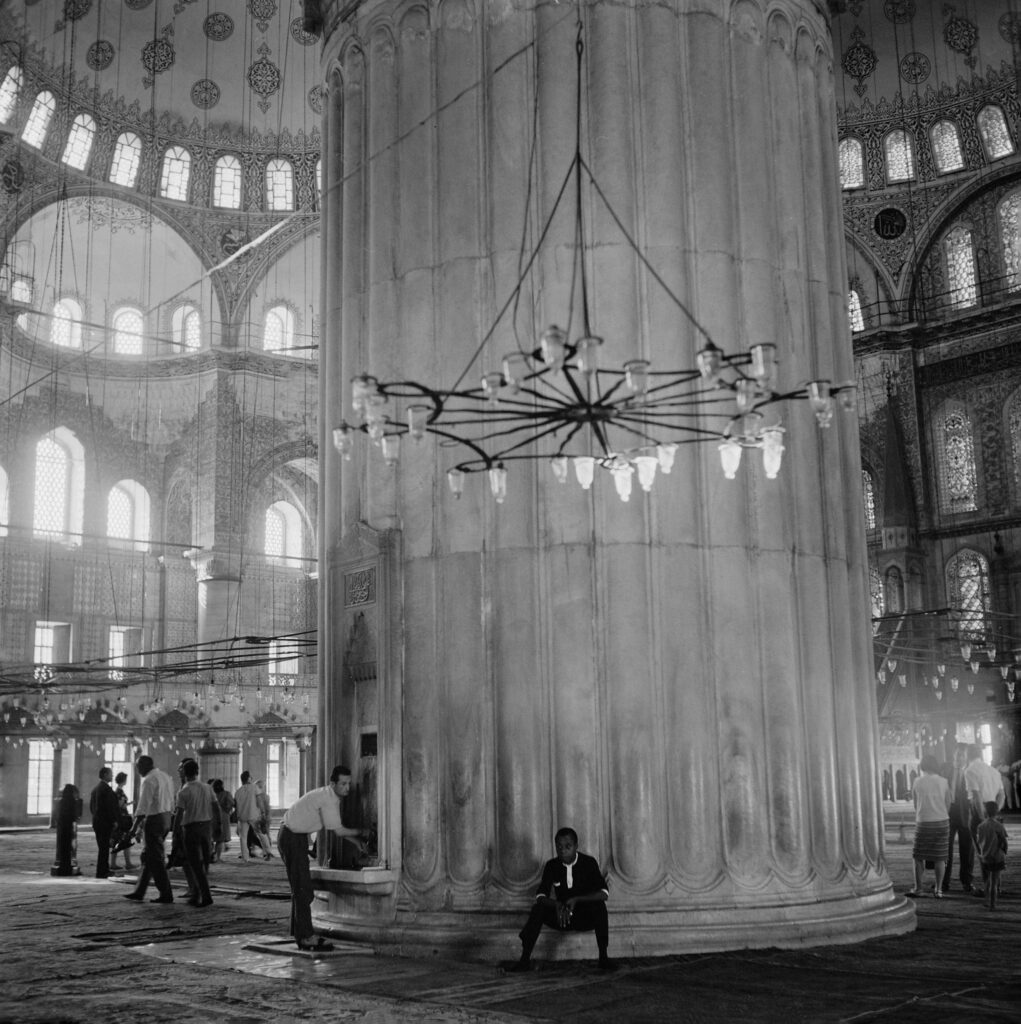
As a young writer in Paris, James Baldwin befriended Elliott Stein, the film critic, historian and sometime actor. Stein’s rented flat, in the Hôtel Verneuil, was a model for the key location in Baldwin’s second novel, “Giovanni’s Room” (1956). A few years later, Stein’s aesthetic also helped inspire Susan Sontag’s breakout essay “Notes on ‘Camp’” (1964).
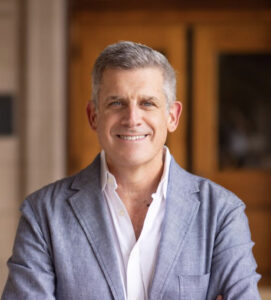
For WashU’s William J. Maxwell, the Fannie Hurst Professor of American Literature in Arts & Sciences, this historic serendipity provided an opportunity to revisit two very different classics of American queer writing.
“My mission is not to show that what Stein called his ‘gay apartment’ was the single incubator of both treasured texts,” Maxwell wrote in “Notes on Hotel Camp: Sontag Meets Baldwin in Giovanni’s Room.” Nor is it to show “that Baldwin could have written the Sontag, or vice versa. They couldn’t and they wouldn’t have.”
Instead, Maxwell continued, “I take inspiration from the coincidence of Sontag and Baldwin’s shared room to test the value of thinking their differences together — a conjunction which reveals larger things about the Baldwin we have revived, the Sontag we are reviving, and our residual habit of picturing mid-century queer American writing as a star map of individual, trademarked celebrity-functions.”
‘A life-sized map’
Maxwell’s piece is one of two feature essays in the latest volume of James Baldwin Review, the preeminent peer-reviewed journal dedicated to Baldwin’s life and legacy.
Now celebrating its 10th anniversary, the review was co-founded by Douglas Field, Justin A. Joyce and Dwight A. McBride. Last year, Joyce joined WashU as senior publications editor in the Department of African and African-American Studies in Arts & Sciences, while McBride was appointed the Gerald Early Distinguished Professor there.
The review’s latest, double-sized volume also marks the 100th anniversary of Baldwin’s birth. In his introduction, Joyce mused on Baldwin’s enduring appeal — to date, the review has published more than 200 articles totaling more than a million words with readers in 150 countries — as well as Baldwin’s contemporary relevance.
“The problem with being a saint, or a prophet, or a hero, or a caricature of sentimental protest, is that one ceases to be a human,” Joyce wrote. “A messy, complex, contradictory, fully fleshed-out person; to paraphrase the man himself, a miraculous disaster.
“Not unlike the futility of a life-sized map,” Joyce added, “the question of what Baldwin would do or think of all the intricacies of our moment, I submit, might exceed the scope of these pages.”
Volume 10
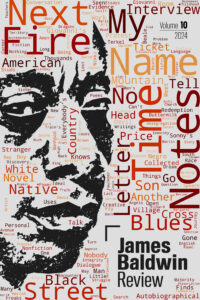
In addition to Maxwell’s essay, the new volume presents, for the first time in print, two speeches and a radio interview that Baldwin delivered — all in a single day — while on tour for the Congress of Racial Equality in 1963. Critical essays explore the “monstrosity” of the Baldwin archive; a genealogy of his third novel, “Another Country” (1962); Baldwin’s relationships with psychoanalysis and the pulpit; and a comparison of multilingualism in “Giovanni’s Room” and Henry James’ “The Ambassadors” (1909), among other topics.
Also featured are an interview with Cornel West; a history of Baldwin studies in the former Soviet Union; and a deep dive into Sedat Pakay’s photographs of Baldwin in Istanbul. Rounding out the volume are eulogies and remembrances by Maya Angelou, Amiri Baraka and Toni Morrison, among others, as well as reviews, reports and dispatches.
James Baldwin Review is published online, available for free, in an open-access partnership between Washington University in St. Louis, Manchester University Press, and the University of Manchester Library. Print copies are also available for purchase. For more information, visit manchesterhive.com.
